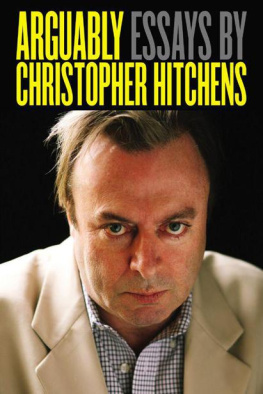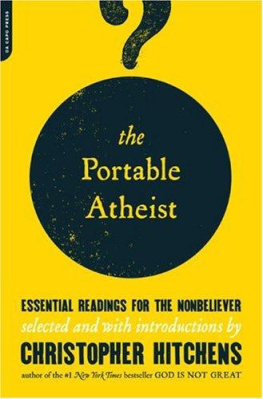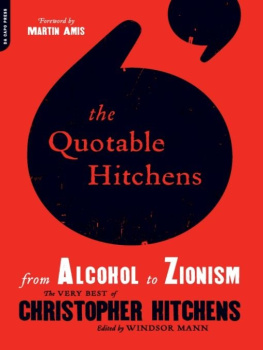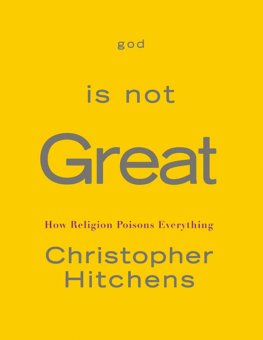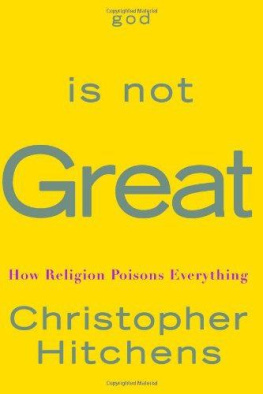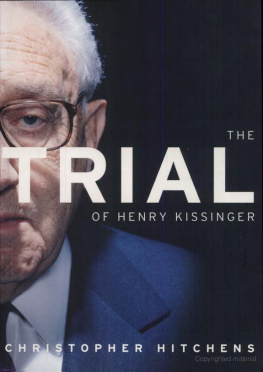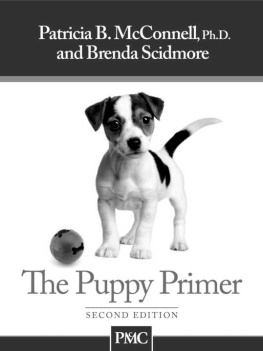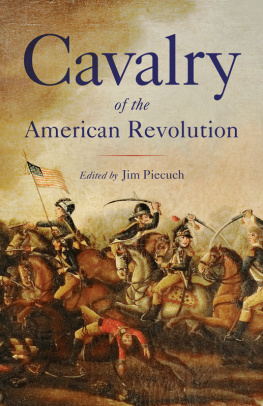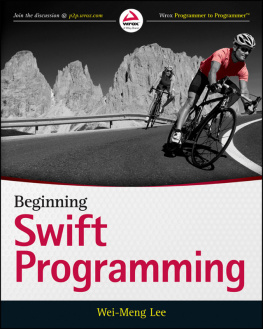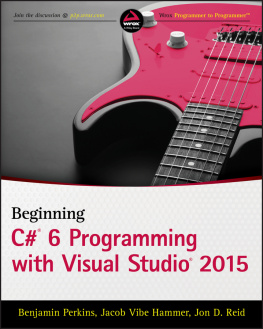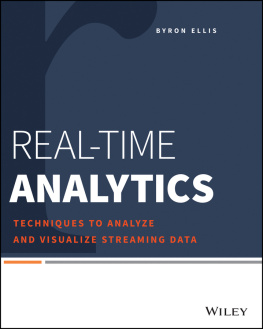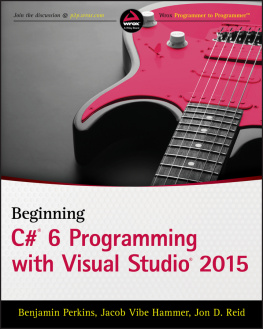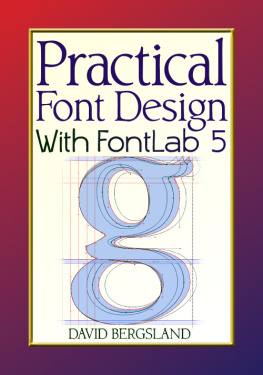Christopher Hitchens - Arguably: Essays by Christopher Hitchens
Here you can read online Christopher Hitchens - Arguably: Essays by Christopher Hitchens full text of the book (entire story) in english for free. Download pdf and epub, get meaning, cover and reviews about this ebook. year: 2011, publisher: Twelve, genre: Romance novel. Description of the work, (preface) as well as reviews are available. Best literature library LitArk.com created for fans of good reading and offers a wide selection of genres:
Romance novel
Science fiction
Adventure
Detective
Science
History
Home and family
Prose
Art
Politics
Computer
Non-fiction
Religion
Business
Children
Humor
Choose a favorite category and find really read worthwhile books. Enjoy immersion in the world of imagination, feel the emotions of the characters or learn something new for yourself, make an fascinating discovery.
- Book:Arguably: Essays by Christopher Hitchens
- Author:
- Publisher:Twelve
- Genre:
- Year:2011
- Rating:4 / 5
- Favourites:Add to favourites
- Your mark:
- 80
- 1
- 2
- 3
- 4
- 5
Arguably: Essays by Christopher Hitchens: summary, description and annotation
We offer to read an annotation, description, summary or preface (depends on what the author of the book "Arguably: Essays by Christopher Hitchens" wrote himself). If you haven't found the necessary information about the book — write in the comments, we will try to find it.
Arguably: Essays by Christopher Hitchens — read online for free the complete book (whole text) full work
Below is the text of the book, divided by pages. System saving the place of the last page read, allows you to conveniently read the book "Arguably: Essays by Christopher Hitchens" online for free, without having to search again every time where you left off. Put a bookmark, and you can go to the page where you finished reading at any time.
Font size:
Interval:
Bookmark:

A LSO BY C HRISTOPHER H ITCHENS
BOOKS
Hostage to History: Cyprus from the Ottomans to Kissinger
Blood, Class and Nostalgia: Anglo-American Ironies
Imperial Spoils: The Curious Case of the Elgin Marbles
Why Orwell Matters
No One Left to Lie To: The Triangulations of William Jefferson Clinton
Letters to a Young Contrarian
The Trial of Henry Kissinger
Thomas Jefferson: Author of America
Thomas Paines Rights of Man: A Biography
God Is Not Great: How Religion Poisons Everything
The Portable Atheist
Hitch-22: A Memoir
PAMPHLETS
Karl Marx and the Paris Commune
The Monarchy: A Critique of Britains Favorite Fetish
The Missionary Position: Mother Teresa in Theory and Practice
A Long Short War: The Postponed Liberation of Iraq
ESSAYS
Prepared for the Worst: Essays and Minority Reports
For the Sake of Argument
Unacknowledged Legislation: Writers in the Public Sphere
Love, Poverty and War: Journeys and Essays
COLLABORATIONS
James Callaghan: The Road to Number Ten (with Peter Kellner)
Blaming the Victims (edited with Edward Said)
When the Borders Bleed: The Struggle of the Kurds (photographs by Ed Kash)
International Territory: The United Nations (photographs by Adam Bartos)
Vanity Fairs Hollywood (with Graydon Carter and David Friend)

Copyright 2011 by Christopher Hitchens
Published simultaneously in the United States by Twelve, an imprint of Grand Central Publishing.
All rights reserved. The use of any part of this publication reproduced, transmitted in any form or by any means, electronic, mechanical, photocopying, recording, or otherwise, or stored in a retrieval system, without the prior written consent of the publisher or, in case of photocopying or other reprographic copying, a licence from the Canadian Copyright Licensing Agency is an infringement of the copyright law.
LIBRARY AND ARCHIVES CANADA CATALOGUING IN PUBLICATION
Hitchens, Christopher
Arguably : essays by / Christopher Hitchens.
eISBN: 978-0-7710-4146-4
1. Essays20th century. 2. Essays21st century. I. Title.
PN 4857. H 52 2011 814.54 C 2011-901984-1
We acknowledge the financial support of the Government of Canada through the Book Publishing Industry Development Program and that of the Government of Ontario through the Ontario Media Development Corporations Ontario Book Initiative. We further acknowledge the support of the Canada Council for the Arts and the Ontario Arts Council for our publishing program.
The author is grateful to the following publications in which the essays of this book originally appeared, sometimes in slightly different form: The Atlantic, City Journal, Foreign Affairs, Foreign Policy, The Guardian (London), Newsweek, New Statesman, The New York Times Book Review, Slate, The Wall Street Journal, The Weekly Standard, The Wilson Quarterly, Times Literary Supplement, and Vanity Fair.
Signal/McClelland & Stewart Ltd.
75 Sherbourne Street
Toronto, Ontario
M5A 2P9
www.mcclelland.com
v3.1
Live all you can: Its a mistake not to.
Lambert Strether, in The Ambassadors

AND DISAPPOINTMENTS
To the memory of Mohemed Bouazizi, Abu-Abdel
Monaam Hamedeh, and Ali Mehdi Zeu.

The three names on the dedication page belonged to a Tunisian street vendor, an Egyptian restaurateur, and a Libyan husband and father. In the spring of 2011, the first of them set himself alight in the town of Sidi Bouzid, in protest at just one too many humiliations at the hands of petty officialdom. The second also took his own life as Egyptians began to rebel en masse at the stagnation and meaninglessness of Mubaraks Egypt. The third, it might be said, gave his life as well as took it: loading up his modest car with petrol and homemade explosives and blasting open the gate of the Katiba barracks in Benghazisymbolic Bastille of the detested and demented Qadafi regime in Libya.
In the long human struggle, the idea of martyrdom presents itself with a Janus-like face. Those willing to die for a cause larger than themselves have been honored from the Periclean funeral oration to the Gettysburg Address. Viewed more skeptically, those with a zeal to die have sometimes been suspect for excessive enthusiasm and self-righteousness, even fanaticism. The anthem of my old party, the British Labour Party, speaks passionately of a flag that is deepest red, and which has shrouded oft our martyred dead. Underneath my college windows at Oxford stoodstandsthe memorial to the Oxford Martyrs: Bishops Cranmer, Latimer, and Ridley, who were burned alive for Protestant heresies by the Catholic Queen Mary in October 1555. The blood of the martyrs is the seed of the church, wrote the Church Father Tertullian in late first-century Carthage, and the association of the martyr with blind faith has been consistent down the centuries, with the faction being burned often waiting for its own turn to do the burning. I think the Labour Party can be acquitted on that charge. So can Jan Palach, the young Czech student who immolated himself in Wenceslas Square in January 1969 in protest against the Soviet occupation of his country. I helped organize a rally at the Oxford Memorial in his honor, and later became associated with the Palach Press: a center of exile dissent and publication which was a contributor, two decades later, to the Velvet Revolution of 1989. This was a completely secular and civil initiative, which never caused a drop of human blood to be spilled.
Especially over the course of the last ten years, the word martyr has been utterly degraded by the wolfish image of Mohammed Atta: a cold and loveless zombiea suicide murdererwho took as many innocents with him as he could manage. The organizations that find and train men like Atta have since been responsible for unutterable crimes in many countries and societies, from England to Iraq, in their attempt to create a system where the cold and loveless zombie would be the norm, and culture would be dead. They claim that they will win because they love death more than life, and because life-lovers are feeble and corrupt degenerates. Practically every word I have written, since 2001, has been explicitly or implicitly directed at refuting and defeating those hateful, nihilistic propositions, as well as those among us who try to explain them away.
The Tunisian, Egyptian, and Libyan martyrs were thinking and acting much more like Palach than like Atta. They were not trying to take life. They desired, rather, that it be lived on a higher level than that of a serf, treated as an inconvenience by a moribund oligarchy. They did not make sordid and boastful claims, about how their homicidal actions would earn them a place in a gross fantasy of carnal afterlife. They did not wish to inspire hoarse, yelling mobs, tossing coffins on a sea of hysteria. Jan Palach told his closest comrades that the deep reason for his gesture was not just the occupation, but the awful apathy that was settling over Prague as that spring gave way to a frosty winter. In preferring a life-affirming death to a living death-in-life, the harbingers of the Arab spring likewise hoped to galvanize their fellow subjects and make them aspire to be citizens. Tides will ebb, waves will recede, the landscape will turn brown and dusty again, but nothing can and that the aspiration for a civilized lifethat universal eligibility to be noble, as Saul Bellows Augie March so imperishably phrases itis proper and common to all.
Font size:
Interval:
Bookmark:
Similar books «Arguably: Essays by Christopher Hitchens»
Look at similar books to Arguably: Essays by Christopher Hitchens. We have selected literature similar in name and meaning in the hope of providing readers with more options to find new, interesting, not yet read works.
Discussion, reviews of the book Arguably: Essays by Christopher Hitchens and just readers' own opinions. Leave your comments, write what you think about the work, its meaning or the main characters. Specify what exactly you liked and what you didn't like, and why you think so.

